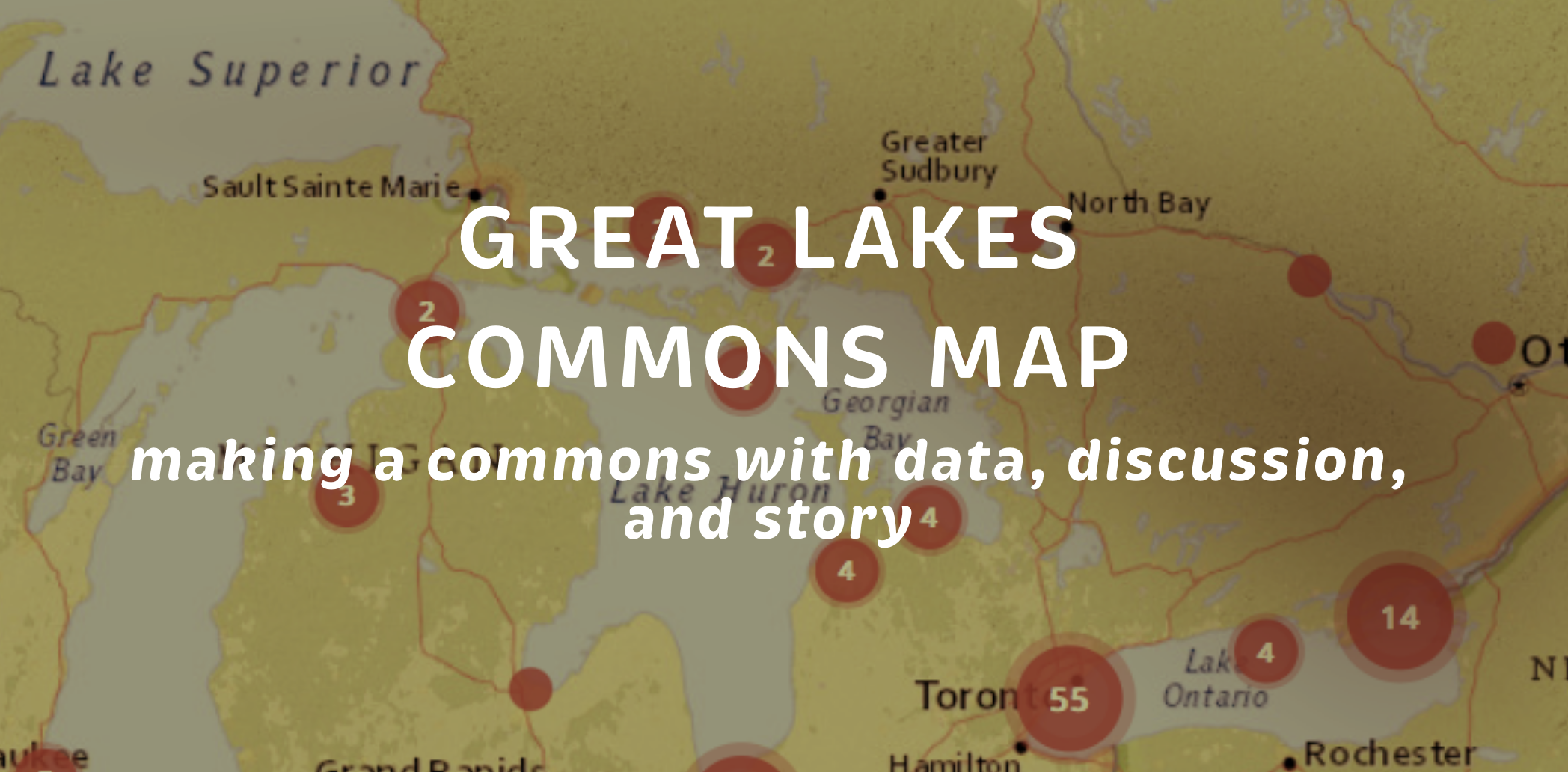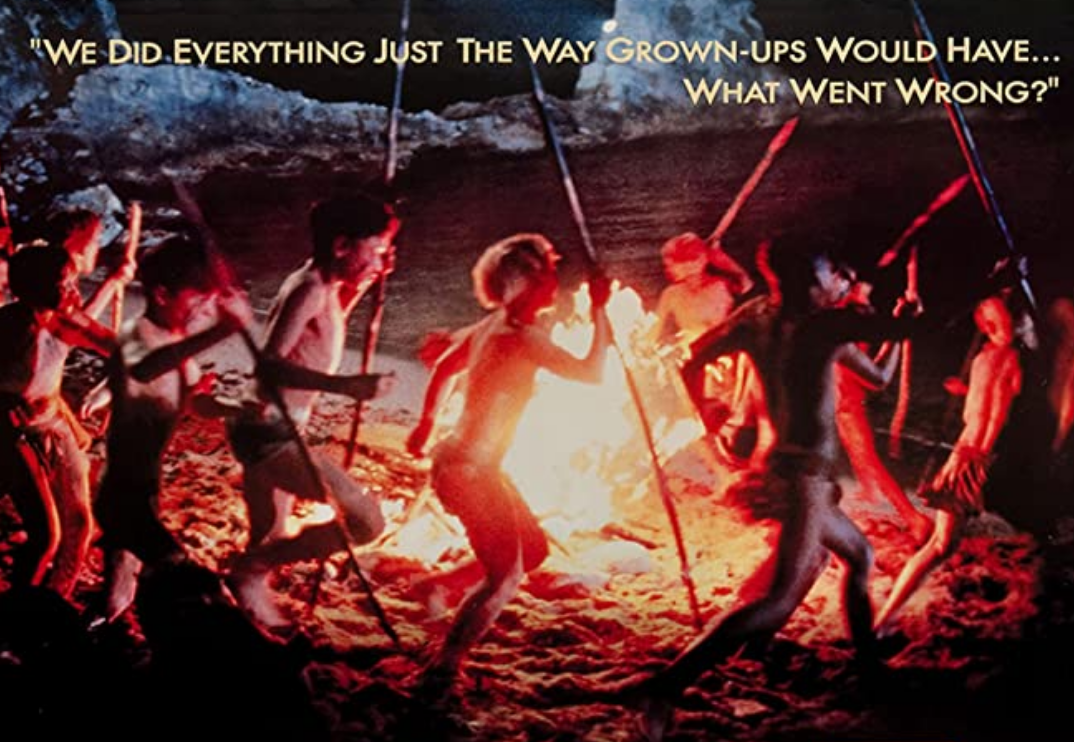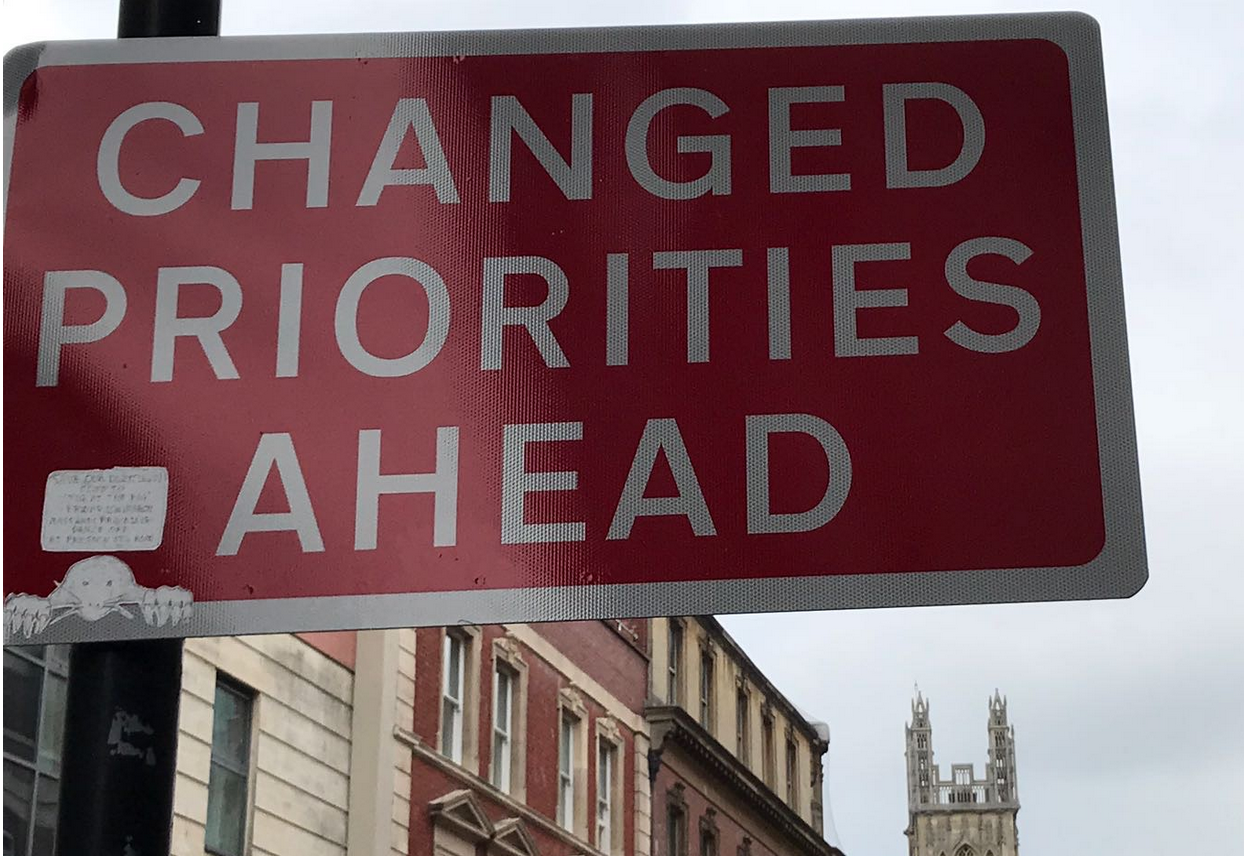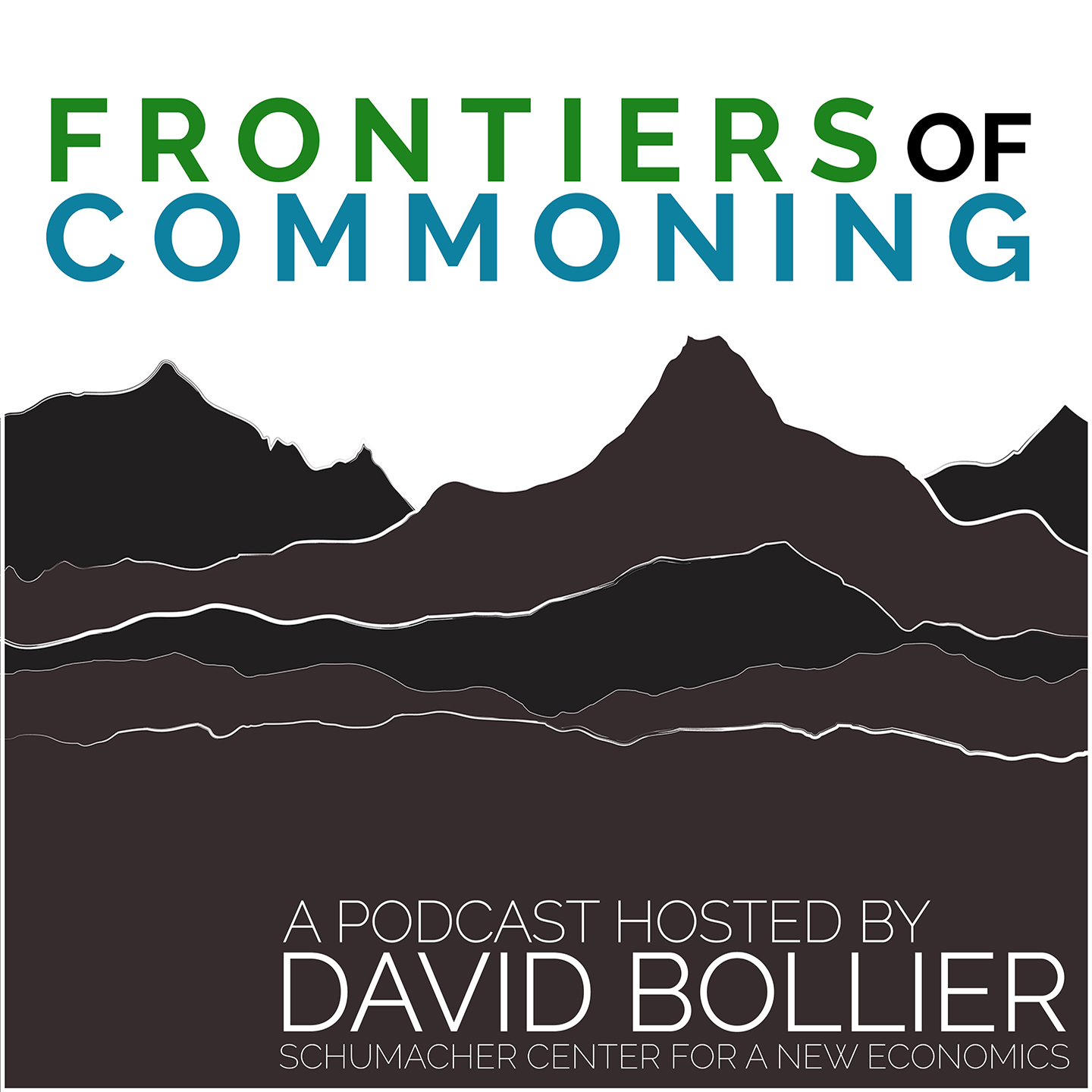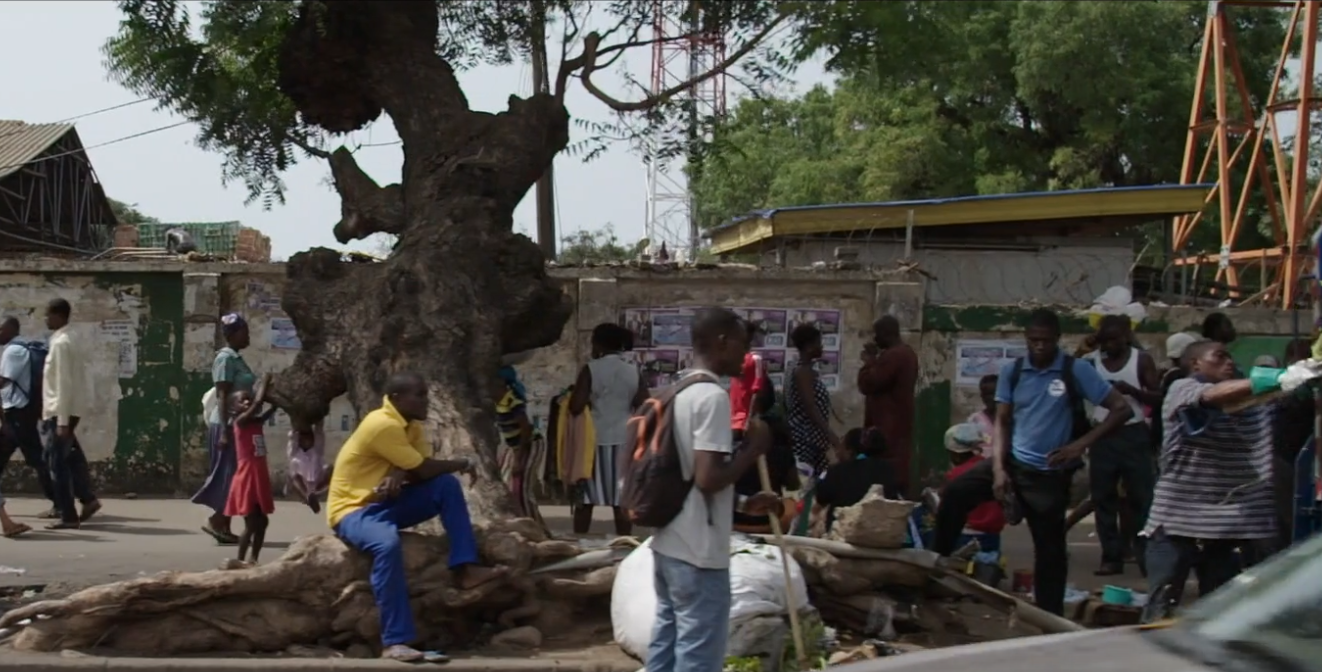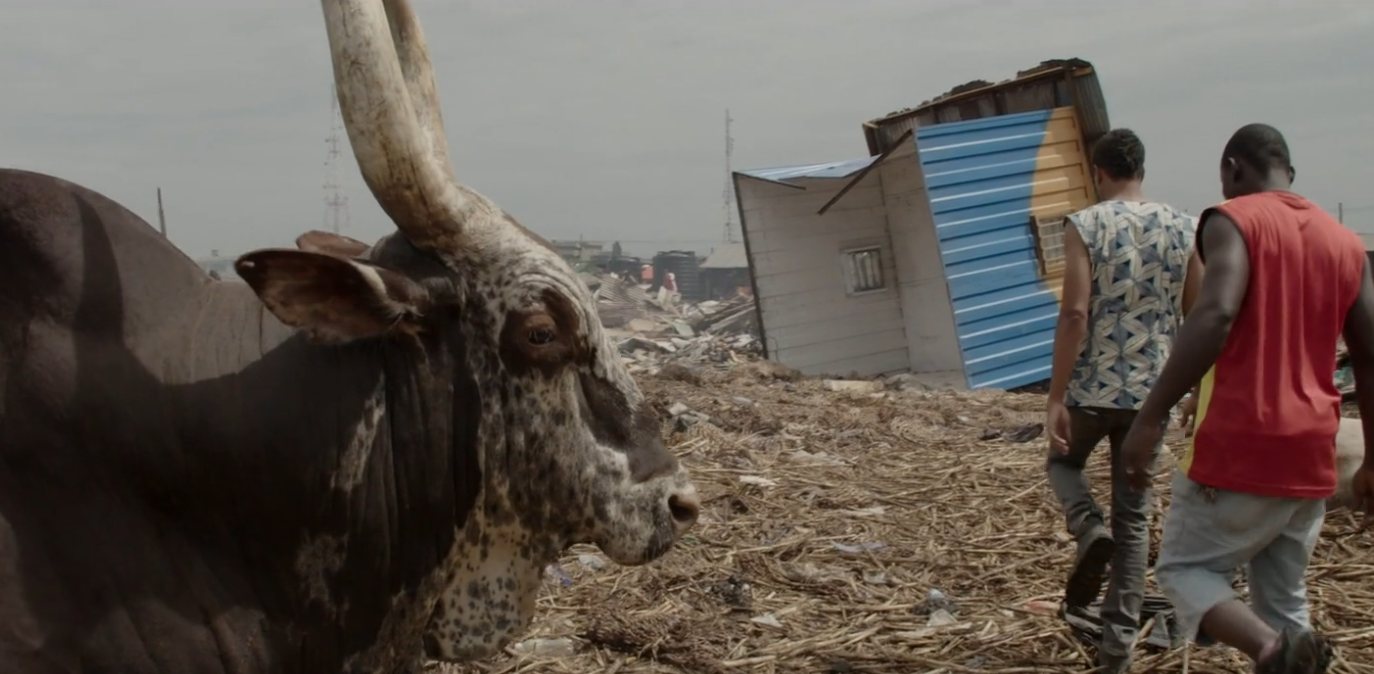Why this conversation now?
There are several reasons why this conversation is needed now. First, it’s clear that the pandemic has opened up our minds. Now that the failures of existing institutions are so obvious, people are more willing to entertain alternatives that were dismissed only a few months ago. Amazingly, the Financial Times of London has actually endorsed the idea of a Universal Basic Income and wealth redistribution. Congressional Republicans have shown themselves willing to create trillions of dollars for unemployment insurance and social services, without considering it public debt. It’s been the equivalent of “quantitative easing” for people instead of banks.
All of this confirms the saying that there are no neoliberals or libertarians in a pandemic. This is not entirely true, as we’ve seen with armed militia defying state authorities so barber shops can open. But the general point remains: such ignorant defiance of scientific realities is properly seen as anti-social and wacky.
At a deeper level, the pandemic is reacquainting us moderns with something we have denied: that we human beings actually depend on living, biological systems. We human beings are profoundly interdependent on each other despite our presumptions to be autonomous, self-made individuals. A recent essay by ecophilosopher Andreas Weber, “Nourishing Community in Pandemic Times,” puts it nicely:
The corona pandemic makes us understand that the earth is a commons, and that our lives are shared. This insight is not a rational concept, but springs from an emotional need. Individuals accept hardships by restricting their contacts in order to protect community. The understanding that we need to protect others has been able to override economic certainties within days. Humans choose to put reciprocity first. Reciprocity – mutual care – is neither an abstract concept nor an economic policy, but the experience of a sharing relationship and ultimately of keeping the community of life intact.
The reality of mutual aid as a deep human impulse has been showcased recently in a column by George Monbiot in The Guardian and an excellent piece by Gia Tolentino in The New Yorker.
There are two other, more hard-bitten reasons that we need to talk about institutional innovation right now. The pandemic is causing a decline in the market valuation of many types of businesses and assets, and even bankruptcies. This means that it may be easier to acquire land, buildings, and equipment to convert them into commons infrastructure. For this, we will need to develop a whole class of “convert to commons” strategies, which I’ll discuss in a moment.
And finally, this is a time when lots of top-flight talent is eager to innovate and contribute to the common good. During major economic recessions, especially those affecting the technology industries, we have seen remarkable surges of innovation. Talented coders and engineers who otherwise would be designing systems to serve business models and maximize profit-making, can instead design what they really want to design. That’s one reason that we saw such an effusion of tech innovations following the 2002 recession, with blogs, wikis, social media, and other great leaps forward in software design. Similarly, the New Deal under FDR was a time of grave necessity driving breakthrough innovations in government and economics.
In a crisis, it is necessary to innovate, or at least we have “permission” to deviate from standard business models and to reinvent the state. I worry about mutual aid systems withering away as old commercial systems struggle to get back on their feet. I don’t want mutual aid to be merely a transient rescue system for the weaknesses of capitalism and state power. I want it to become a distinct institutional and power sector of its own! To do that we need to self-consciously develop institutional innovations to sustain commoning.
The Commons
I come to this talk as a long-time scholar/activist of the commons. I’ve studied the theory, practice, and social life of the commons for the past 20 years, currently as Director of the Reinventing the Commons Program at the Schumacher Center for a New Economics. I’ve encountered hundreds of commons in my travels and studied them closely. I’ve concluded that they have great promise in addressing the challenges of this moment.
Eight months ago, I published a book called Free, Fair and Alive: The Insurgent Power of the Commons with my German colleague Silke Helfrich. The book distills and synthesizes our twenty years of study of commoning as a social and economic alternative.
I’ve come to conclude that the commons discourse is not only a fantastic way to critique capitalism. It helps us talk about creative, constructive alternatives as well. It points to functional alternatives that meet needs in non-capitalist ways with the active participation and creativity of commoners.
The truth is, we can and must leapfrog over tired debates about socialism versus capitalism. Both of these options rely on centralized, hierarchical, state-based systems, after all. The point of the commons is to open up new vistas for distributed, peer-organized initiative. It’s to honor the countless Internet-friendly options that empower us to take charge of our own governance and provisioning as much as possible.
If we truly want a world of democratic sovereignty and freedom, this option is arguably imperative. After all, electoral politics in modern politics, especially in the US, has been captured and corrupted by capitalism. The nation-state has become so closely allied with capital that it’s virtually impossible to effect transformational change. Political ideology and power have triumphed over serious ideas and debate. Even though economic growth is biophysically impossible over the mid-term, as climate change makes clear, the state continues to prop it up with huge subsidies and legal entitlements.
So unless we confront these tendencies of state power – which the commons helps us do -- we will remain entangled in the web of neoliberal capitalism and its structural constraints.
The grim reality is: Covid-19 is the most powerful political actor of our time. It is disrupting countless premises of modern life and forcing us to acknowledge a fork in the road: Shall we try to restore brittle, tightly integrated global markets based on neoliberal fantasies of unlimited economic growth and technological progress? Shall we re-commit to this vision even though this system requires horrific extractivism from nature, racism, inequality, and neocolonialism – and even though small local perturbances like a virus can bring the system down?
Or shall we build a more distributed, resilient, eco-mindful, place-based system that places limits on the use of nature? Shall we build a system that invites widespread and inclusive participation, and nurtures place-making cultures that assure a rough social fairness for everyone?
This is the race we commoners are in – to articulate a positive, progressive vision of the future before reactionaries and investors restore a shabby version of the Old Normal, an unsustainable capitalism that may easily degenerate into authoritarianism or fascism. This direction is already being staked out by Trumpism and its attacks on the rule of law, the rise of the capitalist surveillance state, and armed protests against shelter-at-home policies.
The Old Paradigm is indeed falling apart – but new ones are not yet ready. Since politicians and economists are not going to develop any new paradigms, the burden falls to us to step up and sketch a new societal vision. Beyond expressing a new worldview and set of social practices and norms, we will need to build new types of infrastructures and institutions revolving around the commons. While state power and capital-driven markets will not disappear, it won’t be enough to hoist up a Green New Deal or cling to a timid Democratic Party centrism.
In this essay, I leave aside the complicated macro-policy discussion that we might have. Here, I want to focus on the institutional innovations that could move us in the right directions. In any case, it’s very hard to implement macro-policies without underlying support at the micro-level – the realm of everyday experience and culture. So I’d like to focus on institutions that we can build ourselves, right now, without having to persuade politicians or courts. That, in fact, is the beauty of the commons. We generally don’t need permission to move forward.
Commons-based Institutions
Pre-pandemic, it was very hard to get any traction for expanding the commons, or even talk about it, because the neoliberal vision of “development” was so pervasive and powerful. It was seen as the only credible template for policy, politics and economics. Of course, the moment has changed. The veil has been ripped off of the neoliberal capitalist narrative and it is now quite obvious that we are actually biological creatures whose well-being depends upon a living Earth. We are social creatures who depend on each other.
Fortunately, there are, in fact, many functional models for change that recognize these realities. It’s only a little bit of an exaggeration to say that the problem is more one of our internal consciousness than external institutions. But the effect of the pandemic is to push the “microbial destruction of the Western Cognitive Empire,” as Andreas Weber puts it, referencing a great book, The End of Cognitive Empire, by Portuguese sociologist Boaventura de Sousa Santos. Weber’s point is that the Hobbesean vision of society as governed by a social contract and a world composed of dead things misreads the human condition. The conceit that we are ahistorical, decontextualized, isolated individuals – that we are rational, utility-maximizing materialists -- is a modernist, libertarian, capitalist fantasy.
The Enlightenment conceit that we can separate humanity from nature, that the individual is utterly separate from the collective, and that the mind and body can be separated, is empirically wrong. It is, frankly, ridiculous. So it’s a bit misleading to say that the coronavirus is destroying the capitalist global economy. It’s more accurate to say that it’s destroying the epistemological edifice upon which the economy stands.
We’re beginning to realize that the world is a pulsating super-organism of living agents. That’s why there is so much talk these days about the “new animism.” People are beginning to realize that the world is actually alive. Gaia really exists!
So rebuilding the world won’t just require new economic policies. It will require an entirely new mindset about a living world and our own aliveness. We need to see that life is really about achieving organic wholeness and integration. It’s about relationality and reciprocity. We need new systems that are take this into account. They must be bottom-up and place-based and embedded in local ecosystems. There must be opportunities for peer governance and local cultures to flourish.
As for “scaling” the commons, hope lies in federating diverse commons so that they can coordinate with each other and work at larger scales without becoming captured by the state or political elites. This requires that we demonstrate the feasibility of new forms of commoning, infrastructure, finance, and commons/public partnerships.
So let me share some of the institutional innovations that I think we need to develop.
Relocalization is vital to a resilient economy. Prime vehicles for relocalization include community supported agriculture, community land trusts, local import-replacement of goods, and local currencies. The basic goal is to decommodify assets and recirculate value.
CSAs are a time-proven finance technique for upfront sharing of the risk between users and producers. We know this as an agricultural finance tool, but in fact it can be used in many other contexts. In my region, many jazz fans subscribe to a series of jazz performances by paying upfront fees, CSA-style. This relieves the financial risks on concert producers and lets performers follow their creativity and not just hype their most well-known, marketable songs.
Community land trusts are also a great way to decommodify land, take land off speculative markets permanently, and mutualize control and benefits of real estate. CLTs help keep land under local control and allow it to be used for socially necessary purposes (e.g., organic local food) rather than for marketable purposes favored by outside investors and markets.
One adaptation of the CLT model developed by the Schumacher Center for a New Economics is “Community Supported Industry,” which applies the CLT model of collective ownership of assets – not just land, but buildings, manufacturing, and retail space – as a way to foster “import replacement.” The idea is to substitute local production for the importing of products through global or national markets.
Another way to foster relocalization is through what I call “Convert-to-Commons Strategies.” This refers to financial or policy mechanisms for converting private, profit-making assets into ones for collective use (preferably nonmarket uses rather than market exchange). Converting business assets into commons helps anchor them in a particular ecological place rather than making them mere commodities subject to the whims of external investors or markets.
A still-emerging Convert-to-Commons approach is finding ways to convert private businesses into collectively owned and managed projects. Activist/scholar Nathan Schneider called these “Exit-to-Community” strategies. These are ways for entrepreneurs to allow communities to acquire their enterprises, avoiding the only two other options generally available to them -- selling out to large companies or “going public” (i.e., selling to private investors) through Initial Public Offerings.
In Great Britain, there is a wonderful Assets of Community Value Law, which gives local communities a legal entitlement to be the first to bid on private business that is being sold or in danger of liquidation. This has been a way to convert privately owned pubs, buildings, and civic spaces into community assets.
Relocalization of food production and distribution systems. An important subset of the relocalization question is regionally based agriculture and food distribution systems. The pandemic has shown the precariousness of global and national supply chains, not to mention the atmosphere-destroying carbon emissions that such chains require. We need to develop food supply chains that are more place-based, cheaper in their holistic operations, respectful of ecosystems, and resilient when disruptions do occur.
The activist/academic Jose Luis Vivero Pol has done a great deal of thinking about treating food as a commons and what this would entail. By this, he means that food should not be regarded just as a market commodity that should fetch the highest price, but something that is affordable to everyone, nutritious and not just profitable, and rooted in local economies. This will require that we re-imagine food systems that favor local agriculture, agroecological practices, and more equitable value-chains than we currently have.
An example is the Fresno Commons in California, a community-owned food system in the San Joaquin Valley. Among other mechanisms, the Fresno Commons uses a stakeholder trust to assure that locally grown produce is accessible and affordable. What would otherwise be siphoned away as “profit” is instead mutualized among farmers and field workers, consumers, community businesses, restaurants, and other participants in the food value-chain.
The relocalization of food should also look to innovative data analytics so that farmers themselves can start to build new sorts of cooperative supply systems. If they don’t, the big players who can own and manipulate agricultural data – Monsanto, etc., -- will come to control local agriculture. Along the same lines, farmers need to look to open-source designs for agricultural equipment to assure that they can modify and update the software on their tractors, prevent price-gouging and copyright control of data and software, and take charge of their own futures.
This brings me to the idea of cosmo-local production. This is a system in which global design communities freely share and expand “light” knowledge, open-source style, while encouraging people to build the “heavy” stuff -- physical manufacturing – locally.
There are already a number of exciting examples of cosmo-local production arising for motor vehicles, furniture, houses, agricultural equipment, electronics, and much else. In agriculture, there are the Farm Hack and Open Source Ecology projects. For housing, there is the WikiHouse model. For furniture, Open Desk. For electronics, Arduino. To help deal with environmental problems, by providing monitoring kits, for example, Public Lab is a citizen-science project that provides open source hardware and software tools.
Like local food chains, the point here is the importance of developing more resilient local production that can be customized to meet local needs. Innovation need not be constrained by the business models that Google and Amazon or other tech giants depend on; the small players can actually make a go of it! Production costs can be cheaper using nonproprietary, non-patented design that rely on open-source communities of innovators. And transport and carbon costs can be minimized.
Imagine what could happen if this approach were applied to the development of a Covid-19 vaccine! Once a new vaccine is presented to the world, we are poised to see a major fight among proprietary drug developers, rich and poor nations, and various international bodies. Some people won’t be able to afford to vaccine, and others will make a fortune off of the pandemic – without actually vaccinating everyone, as needed. That’s why we need to look to organizations like the Drugs for Neglected Disease Initiative, which organizes international partnerships to develop high-quality, low-cost medicines for everyone.
There are two serious problems that will need to be addressed if cosmo-local production, however: finance and law. If there is no intellectual property for cosmo-locally produced products – and thus no property to serve as collateral -- lenders will be less inclined to finance new drugs or cosmo-local products. So these problems will need to be solved to help cosmo-local production scale.
Platform cooperatives are another institutional model of commoning. They use Internet platforms as vehicles for cooperative benefit – to empower workers and consumers, to spur creativity, to reduce prices, to assure quality of life. The point of a platform coop is to empower the people who own and run them – workers, consumer, municipalities – rather than investors who extract money from a community in the style of Uber and Airbnb. Platform coops mutualize market surpluses for the benefit of participant-owners.
There are now platform coops for taxi drivers in Austin, Texas (ATX Coop Taxi), for food delivery workers in Berlin (Kolymar-2), for delivery and messaging workers in Barcelona (Mensakas), and for freelance workers in Brussels (SMart), among many others. Recently a new platform for independent bookstores in the US -- Bookshop.org – has made some headway against Amazon. While not a coop but rather a B-Corporation, it shares 75% of its profits with bookstores.
One variant of platform cooperatives is known as DIsCO, the Distributed Cooperative Organization, which is a digital platform, sometimes using distributed ledger/blockchain technologies, to build working communities that prioritize mutual support, cooperativism, and care work, while avoiding the exclusionary, techno-determinism of typical networked platforms. DIsCOs and other network platforms need not be market-driven. They can be mutual aid platforms of the sort we’ve seen in response to the pandemic…..or timebanking platforms that enable people to share services through a credit-barter system…or freecycle platforms for giving away and sharing things.
It’s important to build commons-based infrastructure so that any individual commoner doesn’t have to be heroically creative and persistent. Infrastructure – physical, legal, administrative – provides a structure that makes it easier for individual commoners to cooperate and share more readily. It’s a standing, shared resource.
Some examples: Guifi.net, a WiFi system in Catalonia, Spain, has more than 30,000 nodes that functions as a commons. It provides high-quality, affordable service that avoids the loathsome prices and business practices of corporate broadband and WiFi systems. Another interesting infrastructure project is the Omni Commons in Oakland, a collective property for artisans, hackers, social entrepreneurs, and activists. The project consists of nine member collectives who make decisions together, and provides meeting spaces, programming, community-outreach, and more.
Creative Commons licenses are a form of legal infrastructure that enables legal sharing and copying of information and cultural works. Again, this would be far too difficult for any individual to do, but as a collective enterprise, these free public licenses have opened up countless new, cheap and free opportunities to share information, creativity and culture.
Land is an important infrastructure – for regenerative agriculture, affordable housing, and community-based businesses. There is a whole frontier in making land a form of community-owned infrastructure, rather than a mere market or speculative commodity.
Stakeholder trusts like the Alaska Permanent Fund are another rich vehicle for treating public assets as infrastructures for sharing benefits. In his book Capitalism 3.0, Peter Barnes sets forth many examples for using stakeholder trusts to monetize and share the benefits of publicly owned land, forests, water, minerals, and more. The basic idea is to use trusts to manage these assets, which in turn can generate annual dividends for the ordinary citizen.
Finally, we need to explore new types of commons-based finance in the years ahead. There are already many hardy examples to build upon, such as mutual aid societies and insurance, crowd-gifting and crowd-equity pools of money, and – as mentioned earlier – community land trusts, CSA finance models, platform cooperatives, and Convert-to-Commons strategies.
The idea is to avoid the traps of conventional debt and equity, which generally colonize our future behaviors and options, and require enterprises to become growth-driven despite the ecological and community consequences. We need to imagine finance as a diverse array of community-supported and -accountable pools of money that actively facilitate commoning.
The state may be able to play to creative role here, especially city governments, so long as they can get used to the idea of use-rights being as important as market exchange. One way of pursuing this goal is through commons/public partnerships, as Silke Helfrich and I discuss in our book Free, Fair and Alive. This is another, much larger topic – how the state -- long allied with capital investors interested in economic growth -- can become a constructive, non-intrusive partner with commoners in developing different types of infrastructures, legal regimes, and financing for commons.
* * *
At the dawn of neoliberalism in the 1980s, British Prime Minister Margaret Thatcher once thundered in defense of her economic plans, “There IS no alternative!” We now see that this idea is a ridiculous, bullying claim. The pandemic has revealed that neoliberalism is a fragile monoculture. It is no match for the harsh biological realities of global viruses, the living dynamics of Gaia and climate change, and the governance and inequality problems of the market/state order.
The opportunities ahead are better defined by the acronym TAPAS: “There are PLENTY of alternatives.” But we need to find ways to work together to develop these institutional models and give them some public visibility as real options. We need to communicate these ideas to other commoners and to the general public.
My bet is that the dysfunctionality of current systems and urgent social need will propel great interest in many commons-based models. Still, we have a lot of work to do in consolidating these ideas into a new vision of the future and in building them out. It is very early in the day!
###


